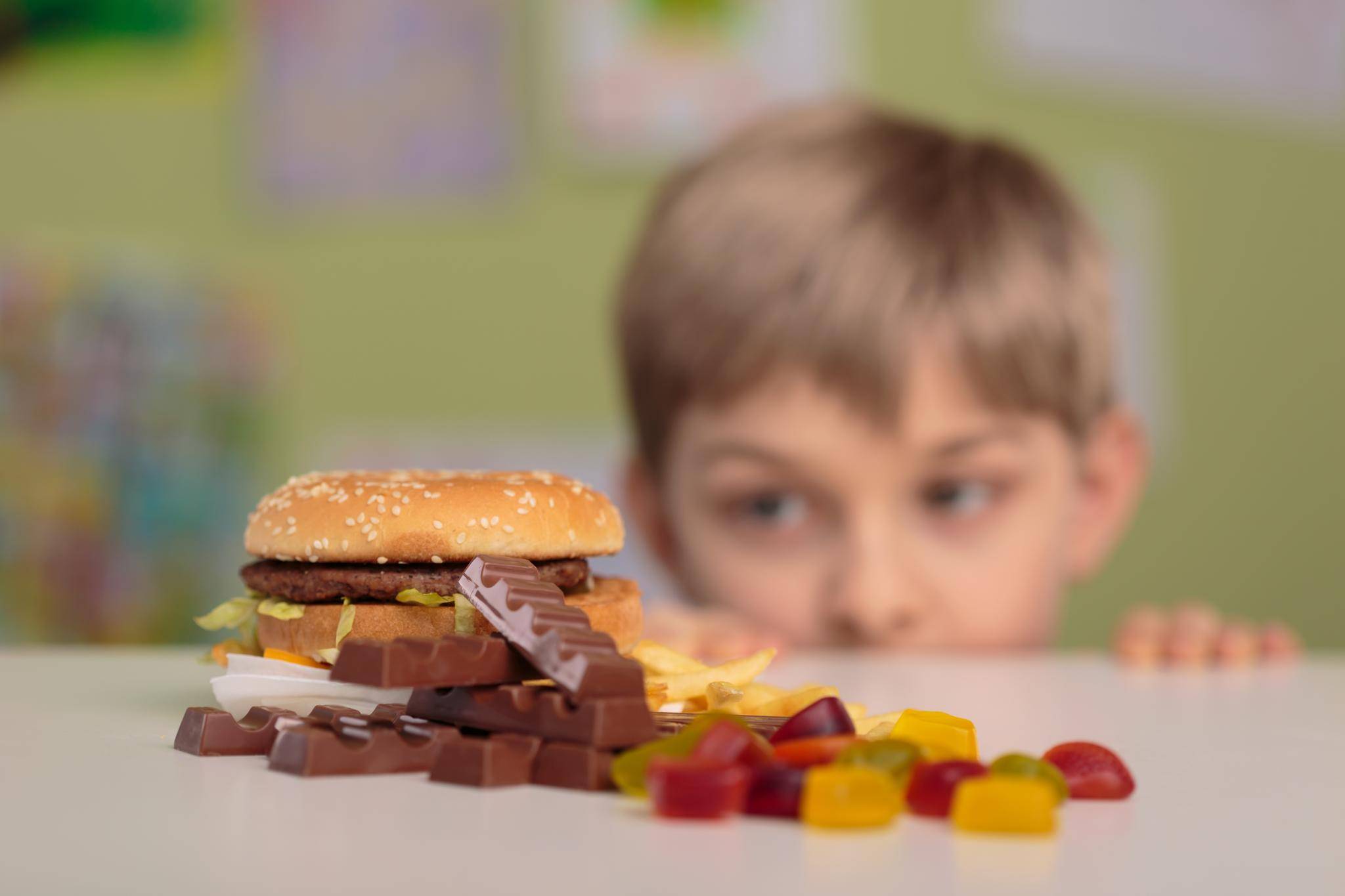Introduction
Have you ever scrolled through Instagram and noticed how many ads there are for sugary drinks, crisps, or chocolate? It’s hard to miss, right? But did you know that all that junk food might be making kids in the UK seriously unwell?
A report from the Food Foundation says that young British people aren’t as healthy as they used to be. More kids are getting overweight; some are even developing type 2 diabetes, and some are even shorter in height than kids in other countries! Now, this is an alarming situation for us.
Read the full Food Foundation report here: https://foodfoundation.org.uk/news/our-reaction-latest-childhood-obesity-figures#
There’s a connection between being poor, not having enough money to buy healthy products, and overeating junk food and the health problems kids are facing. Let’s take a closer look at what’s going on.
Why Are So Many Kids in the UK Unhealthy?
The sad truth is that healthy food costs more. Fresh fruits, vegetables, and whole grains can be pricey, while processed snacks and sugary drinks are often dirt cheap. For families struggling to make ends meet, it’s easy to see why junk food might be the only option.
But it’s not just about the cost. Junk food companies are marketing masters. They make their products look relaxed and fun in ads, especially the ones targeted to kids. It’s hard to resist when your favorite cartoon character tells you to eat a sugary cereal or drink a fizzy pop.
On top of that, food insecurity – not knowing where your next meal is coming from – is a massive problem in the UK. If you’re constantly worried about putting food on the table, you’re less likely to worry about whether that food is healthy.

What Happens When Kids Overeat Junk Food?
We all know that junk food isn’t good for us but isn’t suitable for growing bodies. All those extra calories can lead to weight gain and obesity, which puts kids at risk for all sorts of health problems, like type 2 diabetes, heart disease, and even some types of cancer.
But the effects of junk food aren’t just physical. Kids who are overweight or obese are more likely to be bullied, have low self-esteem, and miss out on fun activities because their bodies can’t keep up. That’s a lot for any young person to deal with.
Why Should You Care? It’s Your Future Too
You might think, “Okay, I get it, junk food isn’t great. But why should I personally care about this issue? I’m young, healthy, and not even a parent.” And that’s fair. But the truth is, the health of kids today directly impacts the kind of future we’ll be living in tomorrow.
Health problems often persist, leading to a lifetime of doctor visits, medication, and hospital stays. This is a significant burden on the healthcare system, which we all rely on. If healthcare costs skyrocket because more people are sick, that affects everyone’s taxes and access to quality care.
Beyond practicality, there’s a moral question: is it fair for children to face health issues due to family income or manipulative marketing? We all deserve an equal chance at health, regardless of background.
Caring about this issue isn’t just about empathy for those kids. It’s about understanding that their health impacts ours and the future we’re building. Rising obesity rates affect everyone. This isn’t just about kids—it’s about all of us.

What Can We Do About It?
Experts are calling on the government to change how we deal with food in the UK. They want to restrict junk food advertising, especially to kids, and make healthy food affordable. They also want schools to teach kids about nutrition so they can make informed choices about what they eat.
But it’s not just up to the government. We can all do our part to make a difference. Talk to your friends and family about this issue, support organizations fighting food injustice, and try to choose healthy foods for yourself. Together, we can create a healthier future for UK kids.
Let’s build a better food system for everyone!
The health of British kids is at a crossroads. But this isn’t a problem we have to accept. Speaking out, demanding change, and making healthy choices can help turn the tide against junk food and poverty. Let’s build a brighter, healthier future for all children in the UK.
Ready to take action? Share this article with your friends, family, and followers to raise awareness about this vital issue. Together, we can make a difference!
Thank you for reading, click the link below to read our other Health Articles:




Leave a Reply
You must be logged in to post a comment.